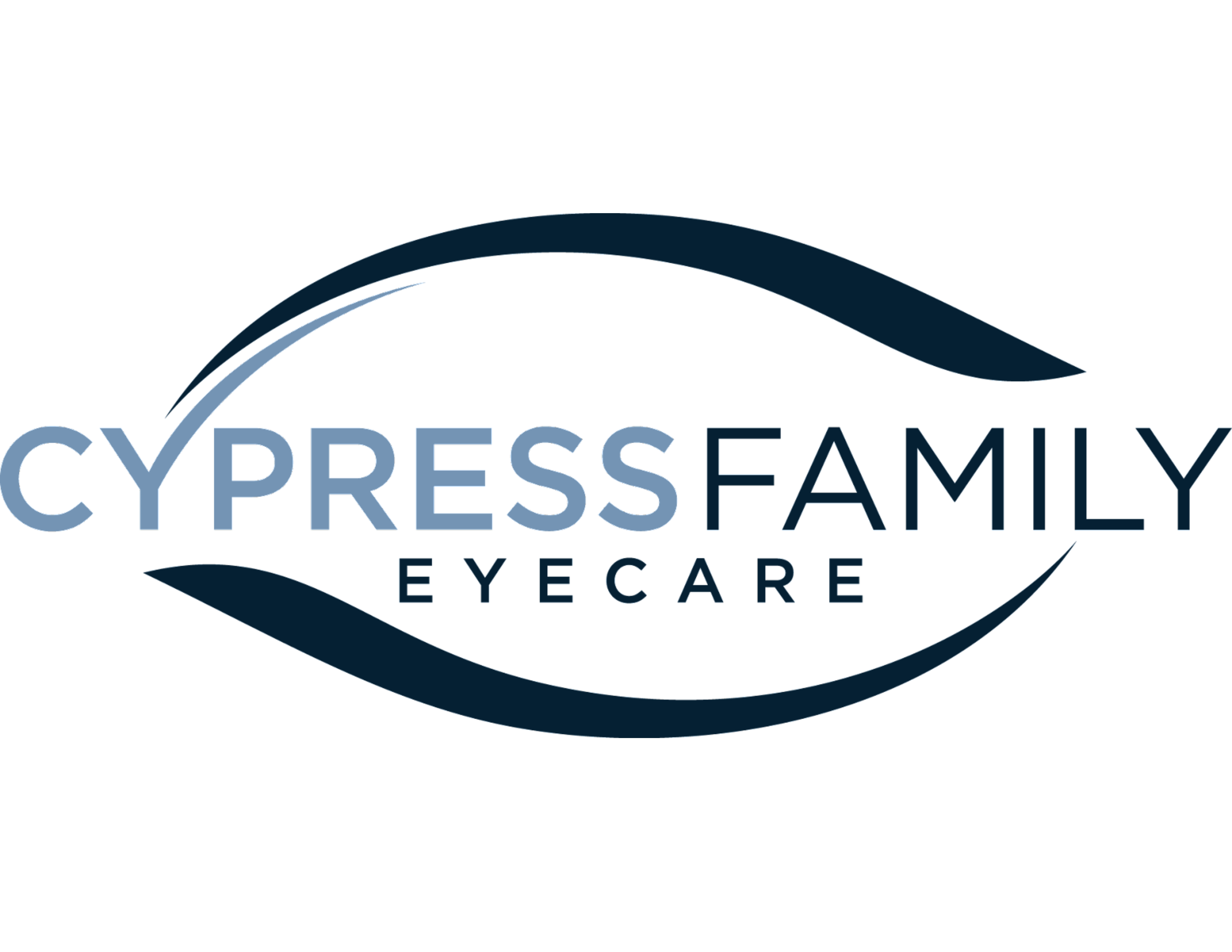It’s important to prioritize your child’s eye health from a young age. Early eye exams are crucial for detecting any vision problems that could impact their development. Good vision is essential for many aspects of a child’s life, including learning at school, playing sports, and exploring their surroundings. Ensuring your child has healthy eyes can help set them up for success in all these areas.
Taking your child for their first eye exam might seem daunting, but knowing what to expect can make the process smoother. It’s normal to have concerns and questions about the types of tests involved and how to prepare your child. Early detection of vision problems can prevent long-term issues and ensure your child gets the care they need.
Importance of Early Eye Exams
Early eye exams are crucial for children’s development because vision problems can affect learning, behavior, and overall growth. Good vision is essential for kids to engage actively in classroom activities, sports, and interactions with their peers.
Poor vision can lead to difficulties in reading, writing, and paying attention, which can impact academic performance and confidence. Detecting vision problems early allows for timely intervention, ensuring your child can fully participate in all these important activities.
During early eye exams, several common vision problems can be detected. These include amblyopia (also known as lazy eye), where one eye does not develop normal vision. Another issue is strabismus, where the eyes do not align properly.
Refractive errors, like nearsightedness, farsightedness, and astigmatism, can also be identified. By discovering these problems early, treatments such as glasses, patches, or eye exercises can be more effective, helping your child develop proper vision and preventing long-term issues.
What to Expect During the Eye Exam
A child’s first eye exam typically involves several simple tests and procedures that help assess their vision and eye health. The eye doctor will start by asking about your child’s health history and any vision concerns. Then, they will perform tests to check your child’s visual acuity, which measures how well they see at different distances. The doctor may use an eye chart with pictures or letters, depending on your child’s age.
Other tests may include a cover test to check for alignment issues and a measurement to help determine if your child needs glasses. The eye doctor might also use eye drops to dilate the pupils, allowing for a thorough examination of the internal structures of the eye. These tests are painless and typically quick.
Addressing Common Concerns and Myths
When it comes to children’s eye exams, there are several myths that can create unnecessary worry. One common myth is that children don’t need eye exams until they start school. However, early eye exams are crucial because many vision problems can start well before school age. General recommendations for eye exams start at 6 months old and exams every 1-2 years after.
Another myth is that if a child is seeing well, they don’t need an exam. Even if your child seems to see fine, some issues may not have obvious symptoms and can only be spotted during an eye exam.
Supporting Your Child’s Eye Health at Home
Maintaining your child’s eye health between exams is important. Encourage your child to take regular breaks when doing near work, like reading or using screens, by following the 20-20-20 rule: every 20 minutes, look at something 20 feet away for at least 20 seconds.
Make sure your child spends time outdoors, as natural light can help with eye development. Protect your child’s eyes from harmful UV rays with proper sunglasses when they’re outside.
Regular follow-ups are key. Schedule eye exams as recommended by your eye care professional, usually once a year. Pay attention to any changes in your child’s vision.
If they start squinting, complaining of headaches, or seem to be sitting too close to the TV, it might be time for another eye checkup. Educating your child about the importance of eye health and setting good habits early can help maintain their vision for years to come.
Conclusion
Your child’s first eye exam is an important step in ensuring their overall health and development. Early eye exams can catch vision problems that could impact learning and daily activities, allowing for timely intervention and treatment. Understanding what to expect during the exam and addressing common concerns can make the experience less daunting for both you and your child.
Maintaining good eye health involves regular checkups, proper screen habits, and protection from harmful UV light. Encouraging healthy habits and being aware of changes in your child’s vision can help prevent long-term issues. At Cypress Family Eyecare, we are dedicated to providing exceptional care using the latest technology and treatments.
Schedule your child’s first eye exam with Cypress Family Eyecare today to ensure a bright and clear future. Our experienced team is here to guide you through every step of the eye vision exam, making sure your child’s vision is the best it can be.
